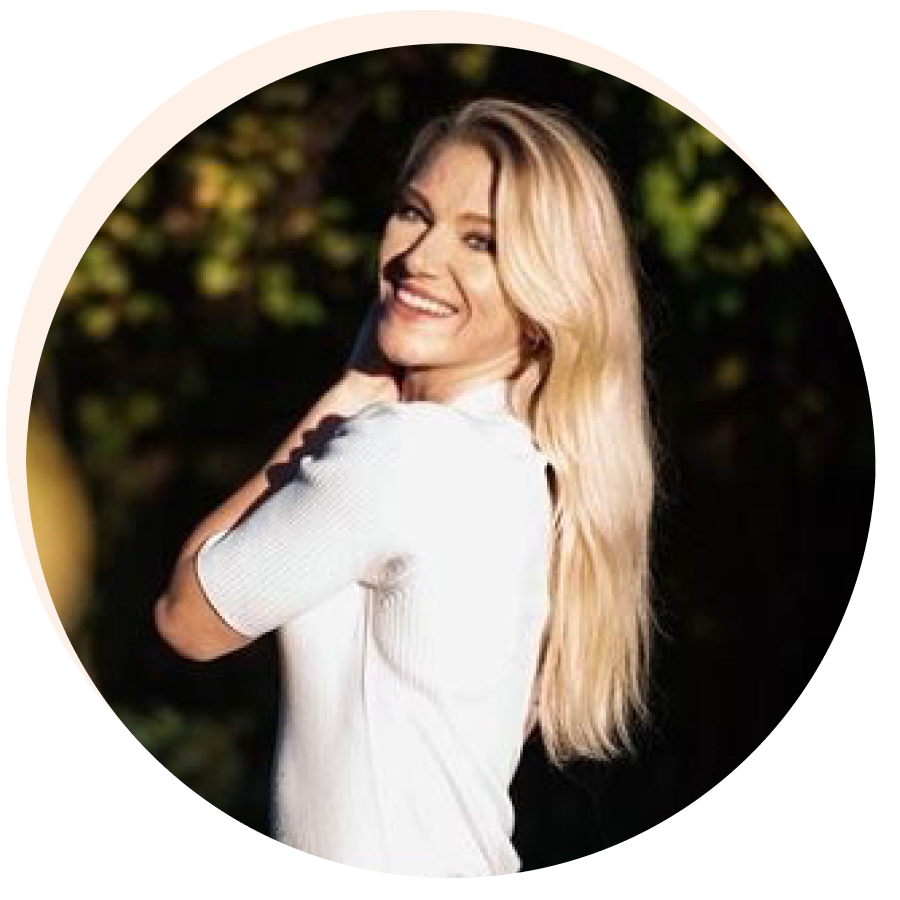How can you protect children through educational prevention?
As a caregiver for a child, or if you work with children and adolescents, you can make significant improvements to ensure the protection of the children and adolescents in your care by adopting a preventive educational attitude.
As a caregiver for a child, or if you work with children and adolescents, you can make significant improvements to ensure the protection of the children and adolescents in your care by adopting a preventive educational attitude.
This attitude is based on children's rights and aims to instil independence and self-determination. Educational prevention also includes educating children and adolescents about sexualised violence in an age-appropriate way. Talk about it with the children and adolescents! It breaks the taboo and makes it easier for young people to confide in someone.
Through prevention projects and materials you can help children and adolescents gain more knowledge, which in turn enables them to better protect themselves. Such projects and materials include workshops, stage plays, exhibitions, teaching sessions as well as apps and books. This is especially useful for children and adolescents who have been told something in confidence by one of their peers. It also teaches them how important and helpful it is to involve adults.
Where do you find the right prevention projects?
Specialised advice and counselling centres offer prevention projects as well as other preventive services, and there are also centres that solely specialise in prevention.
Specialised advice and counselling centres offer prevention projects as well as other preventive services, and there are also centres that solely specialise in prevention.
These centres can also recommend projects and services. You can also find them on this portal under „Finding help“. Materials for your own prevention work can also be found in the clearly organised media of the "Förderverein Kinderschutzportal e. V." support association.
As sexualised violence is also increasingly taking place with and in digital media, this aspect should particularly be paid attention to. Other helpful materials on this topic are available on the "Wissen hilft schützen" (Knowledge helps to protect) portal of the Independent Commissioner for Child Sexual Abuse Issues.
The guiding principle of educational prevention is: "No child can protect itself alone". This means that prevention work with children and adolescents only works if adults have understood their responsibility, implement the prevention measures in everyday life and deliver on their prevention promise.
How do protection concepts help in institutions?
Protection concepts in institutions and organisations are of great help when it comes to preventing sexualised violence.
Protection concepts in institutions and organisations are of great help when it comes to preventing sexualised violence.
Its aim is to prevent sexual assaults in institutions and to offer help to children and adolescents who have experienced sexual violence there or elsewhere. The protection concepts involve analysis, structural changes, agreements as well as the organisations' attitude and culture. The specialised advice and counselling centres can help you develop a protection concept for your institution. You can find an advice and counselling centre near you under „Finding help.“ There is also a separate training database for protection concept consultants and other aspects of sexualised violence.
Protection concepts have several components, such as personnel responsibility, further training and codes of conduct. Regular educational prevention services for employees, parents and children are a central element of these concepts. On the "protection concepts" website of the Independent Commissioner for Child Sexual Abuse Issues, you can find information and materials on this topic and various related fields of action. Since schools are so important as a field of action when it comes to child protection, there is a separate specialist portal, that shows you how to develop protection concepts in schools.
How can perpetrator prevention help prevent sexual abuse?
Perpetrator prevention comprises all approaches designed to prevent a person from committing sexualised violence against children and adolescents, either for the first time or repeatedly.
Perpetrator prevention comprises all approaches designed to prevent a person from committing sexualised violence against children and adolescents, either for the first time or repeatedly.
In addition to police work and criminal and labour law measures, therapy work with male, and a few female, offenders plays a central role.
Who can find help where?
- Adults who have committed sexual assaults or worry about doing so can get in touch with the specialised institutions listed here to geht help
- Children and adolescents, who sexually assault their peers need the support of educational professionals or their parents to help them avoid committing further assaults. In cases of severe or repeated assaults, non-residential and inpatient advice, counselling and therapy services for children and adolescents can offer help.
- Adolescents who feel sexually attracted to children can get in touch with the "Primäre Prävention von sexuellem Kindesmissbrauch durch Jugendliche" (Primary prevention of child sexual abuse by adolescents) project.
Give us a call – even if you're unsure
Talk to the advisors of the Sexual Abuse Help Line. Your call is anonymous and free of charge.
Telephone hours:
Mon, Wed, Fri: 9 a.m. to 2 p.m.
Tues, Thurs: 3 p.m. to 8 p.m.
This offer is not available in English
If you need advice, please contact the Sexual Abuse Helpline (0800 22 55 530). Telephone advice is also available in English.



![[Translate to Englisch:] Porträtfoto Lisa Fahrig](/fileadmin/user_upload/Geschichten/Slider/Geschichten-slider__Lisa_Fahrig-1.png)

![[Translate to Englisch:] Porträtfoto Tanja von Bodelschwingh](/fileadmin/user_upload/Geschichten/Slider/Geschichten-slider_Tanja_v_Bodelschwingh.png)
![[Translate to Englisch:] Porträtfoto Barbara Kavemann](/fileadmin/user_upload/Geschichten/Slider/Geschichten-slider_Barbara-Kavemann.png)
![[Translate to Englisch:] Porträtfoto Max Ciolek](/fileadmin/user_upload/Geschichten/Slider/Geschichten-slider_Max_Ciolek.png)
![[Translate to Englisch:] Porträtfoto Petra Ladenburger](/fileadmin/user_upload/Geschichten/Slider/Geschichten-slider_Ladenburger.png)
![[Translate to Englisch:] Porträtfoto Pia Witthöft](/fileadmin/user_upload/Geschichten/Slider/Geschichten-slider_Pia-Witthoeft2.png)